Posted on 10/6/2025
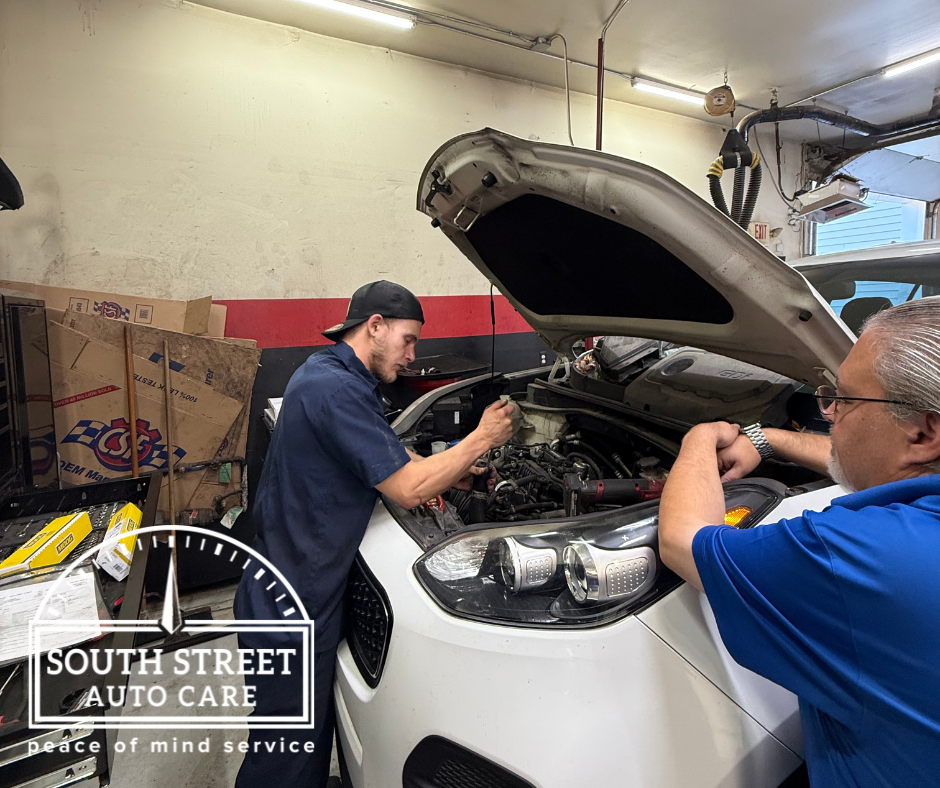
At South Street Auto Care, we believe great service goes beyond fixing cars; it is about keeping you informed and confident throughout the entire repair process. That is why our technicians and service advisors work together closely to make sure you always know exactly what is happening with your vehicle. When your car comes into our shop, one of our skilled technicians begins with a detailed inspection to identify the root cause of the issue. Once they have gathered all the necessary information, they meet with one of our service advisors to review the findings under the hood. This collaboration allows our team to clearly understand the problem, discuss repair options, and confirm the best next steps before reaching out to you. From there, your service advisor can provide accurate updates, clear explanations, and honest recommendations without surprises or confusion. Whether it is a simple oil change or a complex diagnostic repair, communication is key to how we oper ... read more
Posted on 9/9/2025
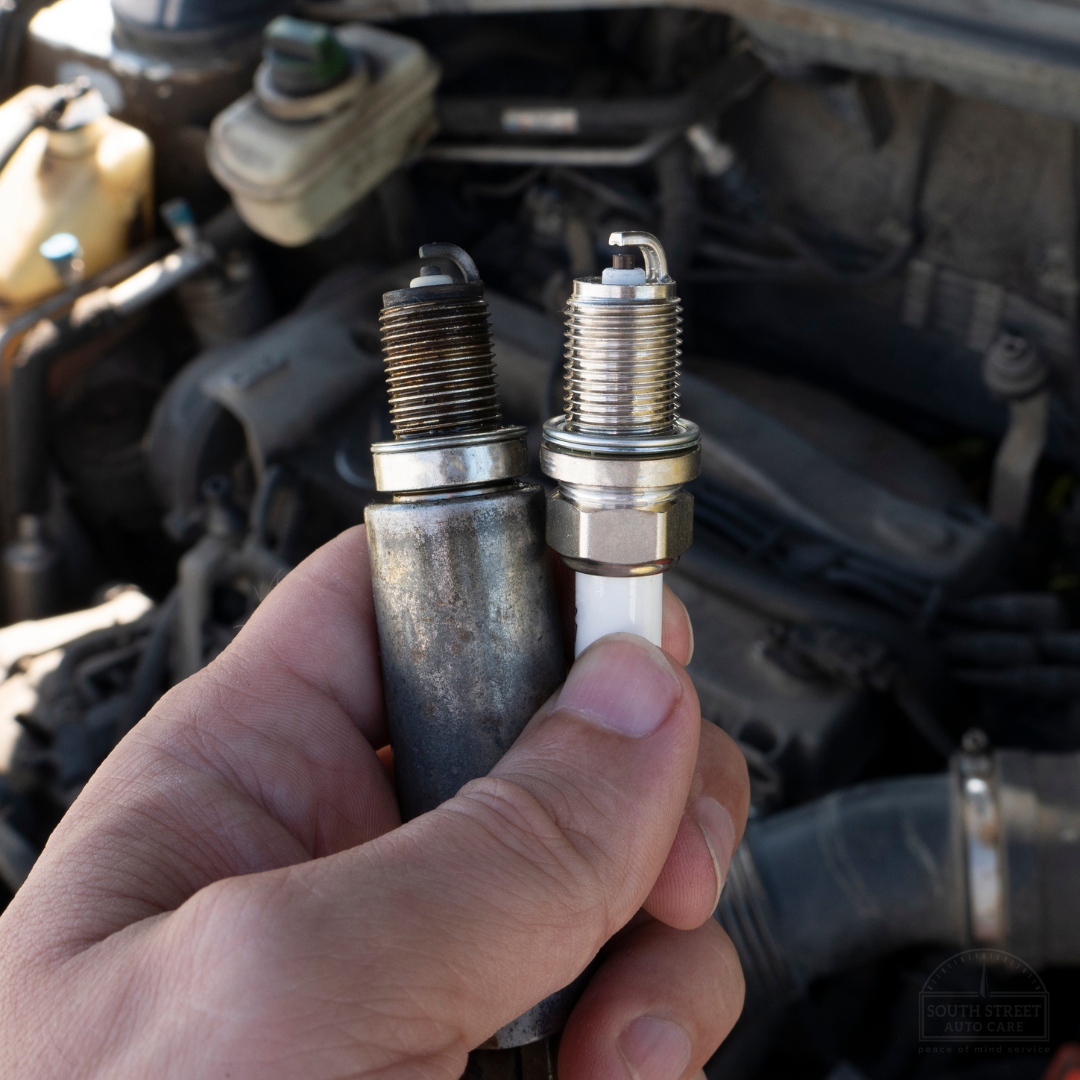
Even though vehicles are more advanced than ever, regular tune-ups are still key to keeping your car reliable and safe. A tune-up is more than an oil change. It is a chance to inspect the whole system, catch small problems before they become major repairs, and keep your car performing at its best. What Is Included in a Tune-Up at South Street Auto Care Every vehicle is a little different, so we tailor the checklist to your make, model, mileage, and driving habits. A typical tune-up may include: Ignition health Replace spark plugs, inspect ignition coils and wires, check for misfires with a scan tool. Air and fuel delivery Inspect and replace filters as needed (engine air, cabin air, fuel), check fuel trims, and look for vacuum leaks. Fluids and lubrication Inspect engine oil, coolant, brake fluid, transmission fluid, differential fluid, and power steering fluid. Top off or recommend service based on condition ... read more
Posted on 8/25/2025

As the school year kicks off, many families are sending their new drivers back to class with a set of car keys in hand. At South Street Auto Care in Rochester, we know how important it is to keep those cars safe and reliable — especially for new drivers. Here are a few tips to help your student start the school year off right: 1. Check the Brakes Brakes are the most important safety feature on any vehicle. Make sure they’re inspected regularly so your new driver can stop safely in any situation. 2. Keep Up on Oil Changes Routine oil changes help extend the life of the engine and keep the car running smoothly. It’s one of the simplest but most important maintenance tasks. 3. Watch the Tires Tires should be checked for proper inflation and tread depth. Worn or underinflated tires can affect handling, fuel economy, and safety. 4. Test the Lights From headlights to brake lights, make sure everything is wo ... read more
Posted on 8/22/2025
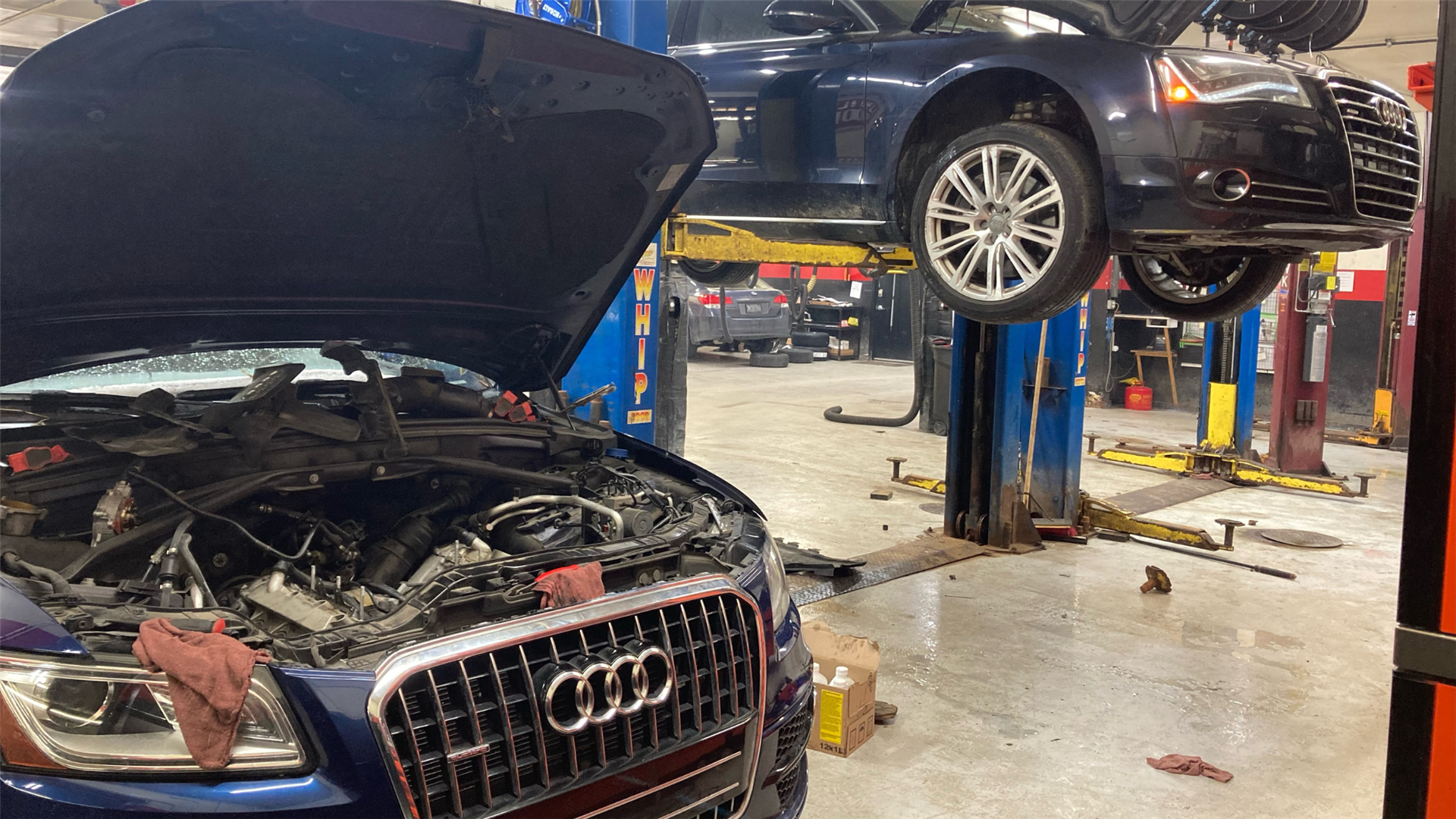
Expert Audi Service in Rochester, MI Audis are known for their performance, luxury, and engineering—but keeping them in peak condition takes more than just oil changes and inspections. With advanced electronics, sensitive drivetrains, and precision components, you need a shop that knows Audi systems front to back. At South Street Auto Care, we provide specialized service for Audi owners in Rochester, MI and the surrounding area. Whether it’s regular maintenance or chasing down a check engine light, we bring dealership-level expertise with a personal touch. Our Audi Services Include: Factory-recommended maintenance Brake repair and ABS diagnostics Suspension and steering repair Engine diagnostics and performance issues Battery, alternator, and electrical repairs Heating and A/C service Why Choose South Street for Your Audi? Technicians experienced with Audi’s complex systems H ... read more
Posted on 8/21/2025
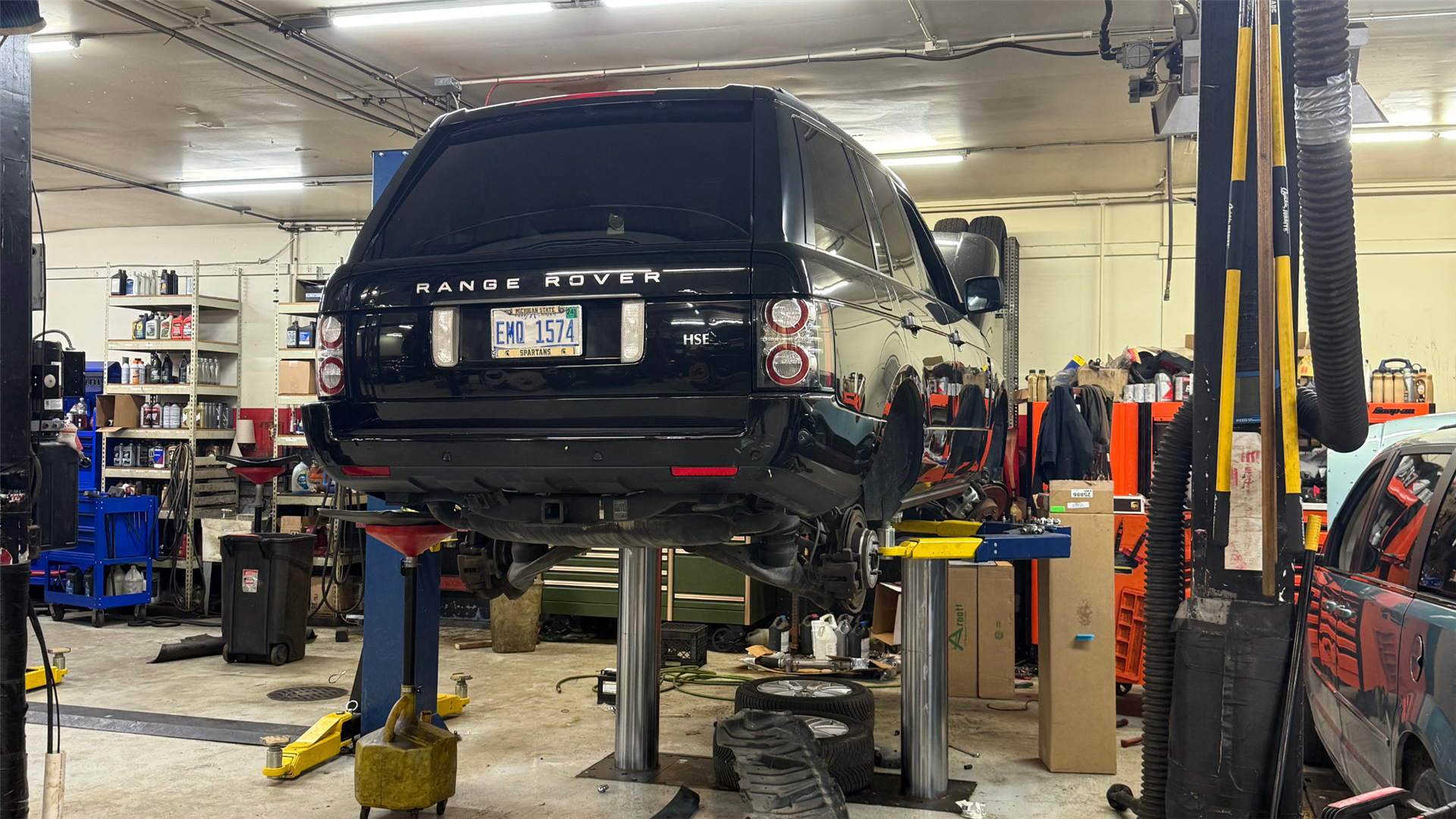
Dependable Range Rover Service in Rochester, MI Your Range Rover is more than a vehicle—it’s a combination of performance, technology, and off-road capability. But with that performance comes complexity, and keeping your Range Rover running smoothly requires a service team that knows these vehicles inside and out. At South Street Auto Care, we understand the unique needs of European vehicles like Range Rover and Land Rover. Whether it’s routine maintenance or troubleshooting a stubborn suspension issue, we use the right tools, parts, and diagnostic procedures to keep your SUV road-ready. Our Range Rover Services Include: Suspension and ride control diagnostics Electrical system repairs and programming Brake service and ABS repairs A/C and heating repair Battery and charging system diagnostics Why Rochester Drivers Choose South Street: Technicians familiar with Range Rover systems and s ... read more
Posted on 8/6/2025
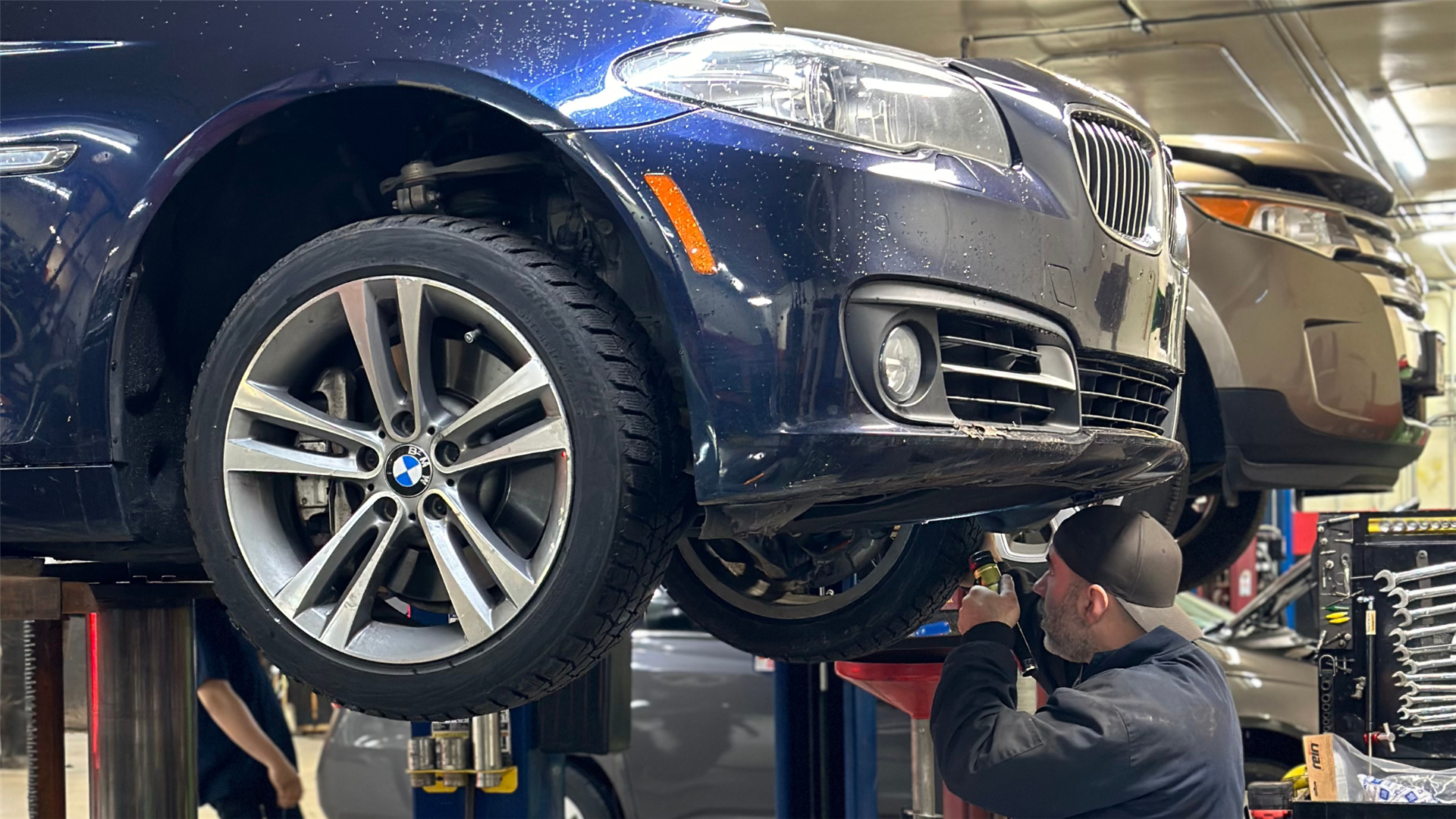
Rochester’s Trusted BMW Repair & Service Shop Owning a BMW means you care about performance, safety, and reliability. At South Street Auto Care in Rochester, MI, we specialize in servicing BMWs with the attention to detail your vehicle deserves. Whether it’s routine maintenance or a more complex repair, our certified technicians are trained to work with BMW’s advanced systems. We use quality parts, up-to-date diagnostics, and a customer-first approach to make sure your car runs as smoothly as it did the day you drove it off the lot. What We Offer for BMW Owners: Diagnostics and check engine light troubleshooting Suspension and ride control repair Air conditioning and cooling system service Electrical system repair and battery replacement Why Choose South Street Auto Care? Local, honest service with a reputation for quality Complimentary loaner vehicles Fair, upfront pricing Friendly team that keeps y ... read more
Posted on 6/23/2025
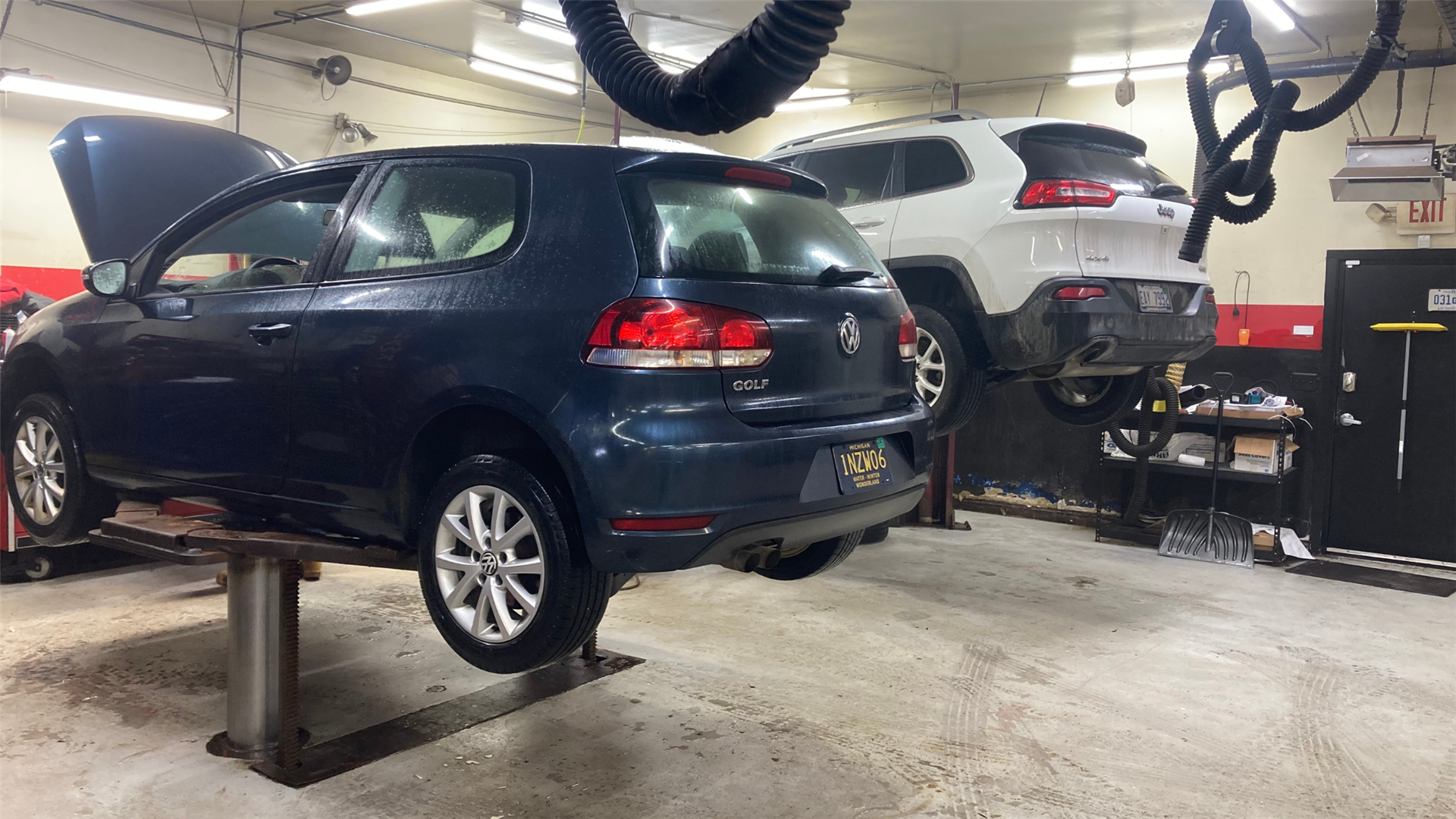
Your Local Volkswagen Experts in Rochester, MI Volkswagens are fun to drive, well-built, and packed with German engineering. But like any European vehicle, they require specific tools, knowledge, and care to keep them running smoothly. At South Street Auto Care, we offer specialized Volkswagen service right here in Rochester, MI. From routine maintenance to complex repairs, our experienced techs are ready to handle your VW with the attention it deserves. Common VW Services We Offer: Timing belt and water pump replacement Brake system repair and ABS diagnostics Suspension and steering work Electrical troubleshooting Check engine light diagnostics A/C and heating system service Models We Commonly Service: Jetta Passat Tiguan Atlas Golf / GTI Beetle Why VW Owners Trust South Street: Experienced with European vehicle systems Transparent pricing and recommendations Fast ... read more
Posted on 6/23/2025
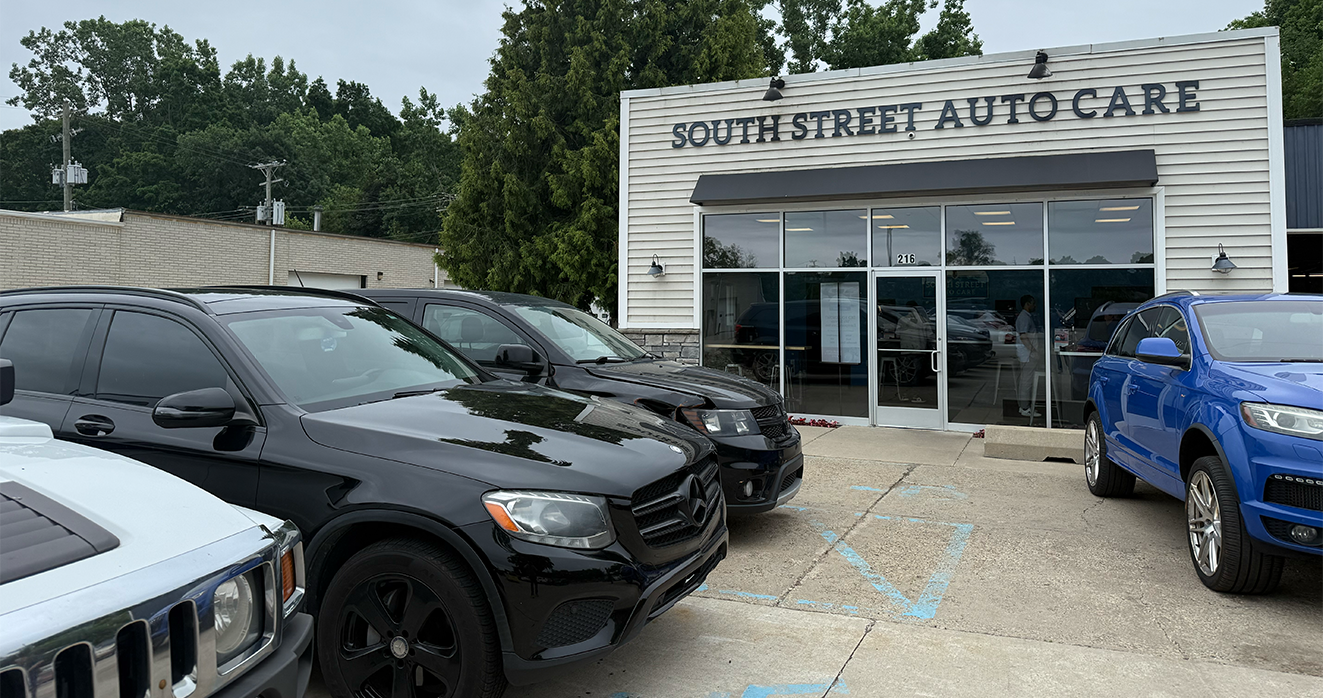
Premium Mercedes-Benz Service in Rochester, MI Your Mercedes-Benz is built for comfort, performance, and precision—and it deserves a service team that understands all three. At South Street Auto Care, we provide expert maintenance and repair for Mercedes vehicles across all models and years. Our technicians are equipped to handle everything from routine services to complex diagnostics, using modern tools and high-quality parts that match Mercedes’ exacting standards. Whether you’re coming in for an oil change or troubleshooting a check engine light, we’ll treat your car with the same level of care you do. Mercedes Services We Provide: Brake service and replacement Suspension and ride control diagnostics Electrical and battery testing A/C and heating system repair Why Mercedes Owners in Rochester Trust Us: Transparent communication and fair pricing Courtesy loaner cars to keep your day on track Fast ... read more
Posted on 6/3/2025
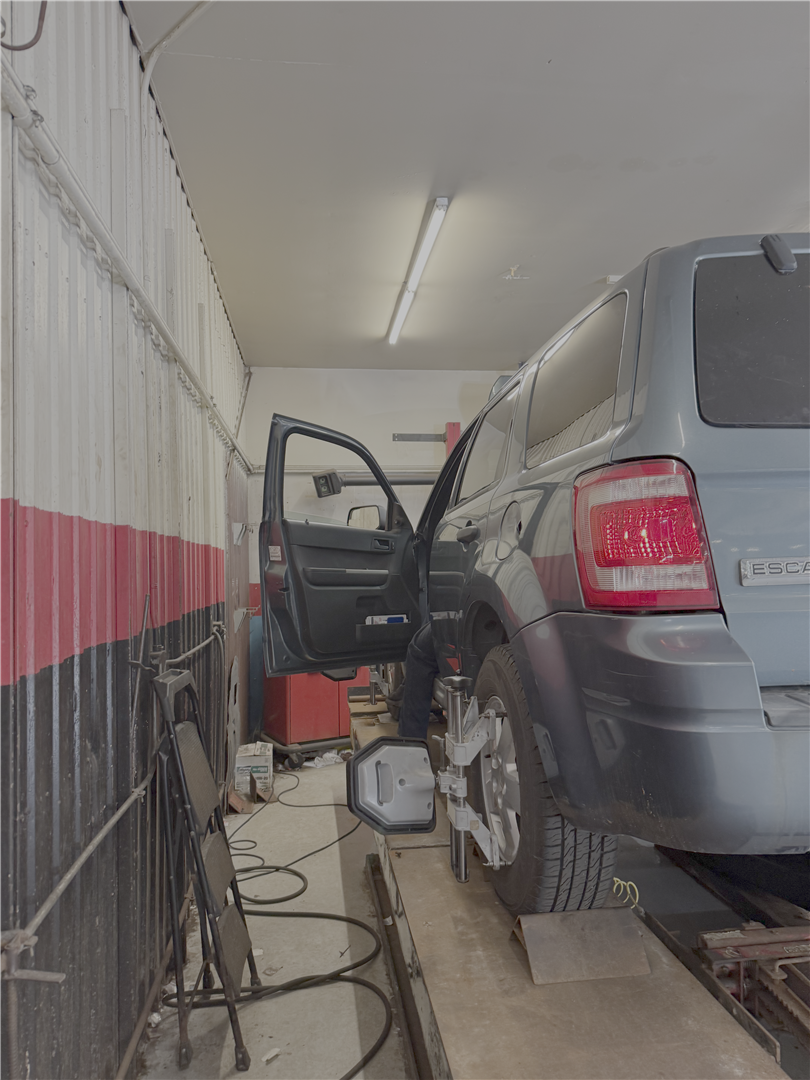
Why Getting a Vehicle Alignment Matters Your vehicle’s alignment plays a major role in how smoothly and safely it drives. If your steering feels off, your tires are wearing unevenly, or your car pulls to one side, it could be time for an alignment check. At South Street Auto Care, we use precision equipment to inspect and correct your vehicle’s alignment—helping extend tire life, improve fuel efficiency, and keep you in control behind the wheel. ✅ Smoother handling ✅ Better gas mileage ✅ Longer-lasting tires ✅ Safer driving overall Need an alignment or just not sure? Come see us at our Rochester shop or Call Today!
Posted on 5/15/2025

When it comes to maintaining your vehicle, finding a trustworthy auto repair shop is essential—especially if you’re searching for car care in Rochester, MI. Whether it’s routine maintenance or unexpected repairs, having a local team you can rely on makes all the difference. Why Local Car Care Matters Choosing a local auto repair shop in Rochester means faster service, personal attention, and the peace of mind that comes from working with a team that truly cares. At South Street Auto Care, we’ve proudly served the Rochester community for years, offering professional service, clear communication, and honest pricing. Services You Can Count On When you’re looking for auto repair in Rochester, Michigan, here are just a few services you should expect: • Oil Changes & Fluid Checks Regular oil changes keep your engine running smoothly. We u ... read more